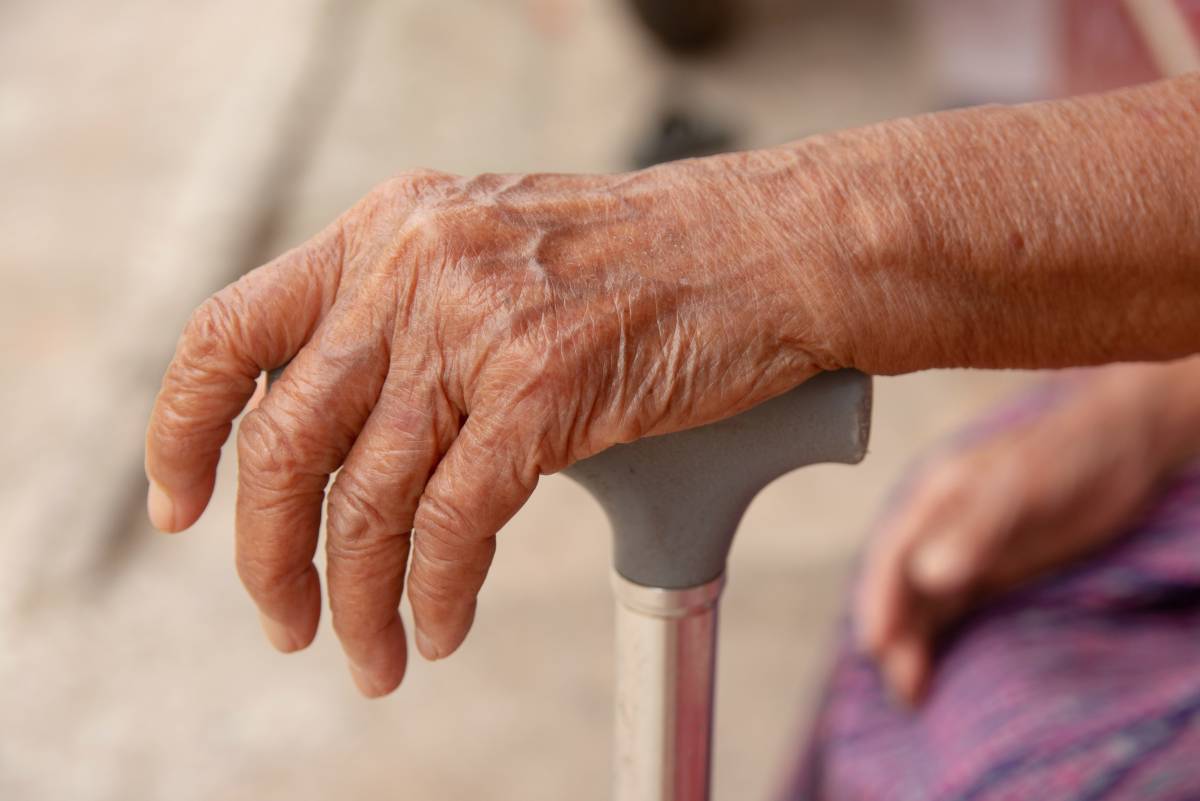Funding element missing from long-awaited guidance on supporting frail people at home, says BGS
The British Geriatrics Society (BGS) has voiced its ‘disappointment’ that long-awaited guidance on providing proactive care for frail people at home has been published by NHS England without the initiative receiving any extra funding.
The guidance, titled Providing care and support for people living at home with moderate or severe frailty and published by NHS England on 19 December, is one of the three original streams of the Ageing Well programme that was launched in January 2019.
The other two streams of the Ageing Well programme, Enhanced Health in Care Homes and Urgent Community Response, have both been rolled out in England. However, anticipatory/proactive care has been ‘beleaguered with delays and funding problems’, according to the BGS
Adam Gordon, BGS president, said: ‘We are grateful to NHS England for their significant work in bringing this framework forward despite pressures across the system. However, the document is very light on detail and evidence. Colleagues across the country will need to work hard with commissioners and system leaders to enable sustainable implementation.’
Funding needed
Professor Gordon added: 'Proactive care is essential to identifying individuals at risk of deterioration and taking preventative action to help them to remain well for longer. As the guidance sets out, effective implementation of proactive care should reduce the demand for unplanned healthcare, including emergency admission to hospital.'
The guidance focuses on people living at home with moderate to severe degrees of frailty who need the right support from health and social care professionals, as well as voluntary sector agencies and neighbourhood teams, if they are not to deteriorate further.
One person in 10 aged over 65 and up to half of those over 85 are living with frailty and are the most likely groups to benefit from proactive care, the BGS notes. They are also likely to have other long-term conditions.
We urge the government to allocate funding to allow systems to roll out proactive care. Effective implementation of proactive care will save the NHS money in the long term as it will help older people to remain well without needing costly hospital care [BGS]
While the BGS welcomed the release of the guidance, it said it remains ‘disappointed that the initial promised funding for this work was cut and has not been reinstated’.
‘Integrated care systems are struggling with the many commitments they are required to fund. As the recent report from the chief medical officer pointed out, maximising the health and life chances of older people should be considered a national priority. Upstream action to support healthy ageing and proactive care for frailty should be part of the government’s overall public health strategy with additional funding provided.
‘We urge the government to allocate funding to allow systems to roll out proactive care. Effective implementation of proactive care will save the NHS money in the long term as it will help older people to remain well without needing costly hospital care.’
Professor Gordon said the BGS’s Joining the Dots blueprint provided plenty of evidence that proactive care can be implemented successfully.
Professor Anne Hendry, BGS honorary secretary, sat on NHS England’s professional reference group that offered advice on the new framework.
Core components of the guidance
- identifying the target cohort for whom there is the greatest potential impact on health and system outcomes
- carrying out holistic assessments, such as a comprehensive geriatric assessment
- developing a personalised care and support plan
- delivering co-ordinated multi-professional interventions to address the person’s range of needs
- providing a clear plan for continuity of care, including an agreed schedule of follow-ups
Share it with















